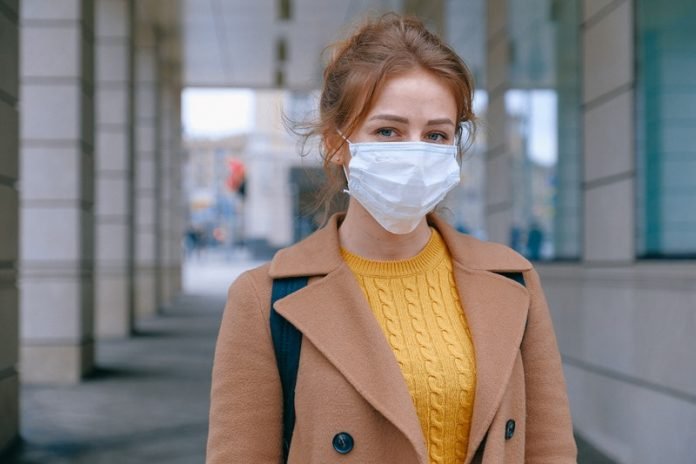
In a new study from St. Jude Children’s Research Hospital, researchers found prior infection with coronaviruses that cause the common cold impedes the antibody immune response against COVID-19.
The findings highlight an additional factor that contributes to the range of COVID-19 symptoms and their severity.
The results also support COVID-19 vaccination, which seems to override the downside of prior immunity to common cold coronaviruses.
The viruses that cause COVID-19 and the common cold belong to the same large family of coronaviruses.
By early in life, most people in the world have been infected with all four common cold coronaviruses, including two coronaviruses with features and structures with pronounced similarities to SARS-CoV-2.
In the study, the researchers measured antibody levels from the same person before and after SARS-CoV-2 infection and vaccination.
The results showed the viruses were similar enough that SARS-CoV-2 infection boosted levels of common cold coronaviruses antibodies, but those antibodies did not neutralize or block SARS-CoV-2 infection.
The team showed that high levels of pre-existing antibodies to common cold coronaviruses correlated with higher levels of SARS-CoV-2 antibodies after infection, an indicator of greater disease severity.
Levels of pre-existing antibodies to common cold coronaviruses varied dramatically from person to person. The same was true following SARS-CoV-2 infection or vaccination.
The team also found a greater increase of those antibodies following SARS-CoV-2 infection, were associated with increased antibodies to SARS-CoV-2.
Elevated antibodies to the pandemic virus were linked to more severe disease as measured by antibody levels.
Researchers did not find a similar association between baseline common cold coronavirus antibodies and SARS-CoV2 antibodies following COVID-19 vaccination.
That suggests vaccines may induce an immune response strong enough to override the antibody production advantage of common cold coronaviruses.
The team also reported that the production of SARS-CoV-2 neutralizing antibodies was inhibited in SARS-CoV-2-immunized mice that were previously immunized against common cold coronaviruses.
If you care about COVID, please read studies about heart problem that strongly increases risk of severe COVID-19 and death, and new antibody treatment for COVID-19.
For more information about health, please see recent studies about Moderna COVID vaccine that elicits the strongest immune responses, and results showing that omicron may not be the final variant, but it may be the final variant of concern.
The study is published in Cell Host and Microbe. One author of the study is Maureen McGargill, Ph.D.
Copyright © 2022 Knowridge Science Report. All rights reserved.




